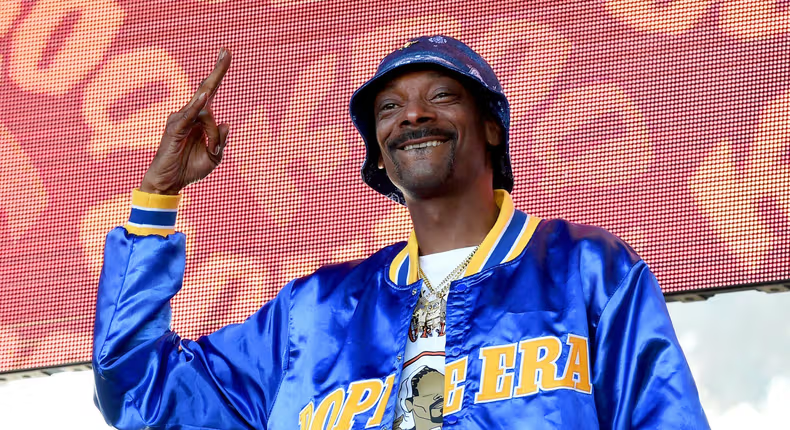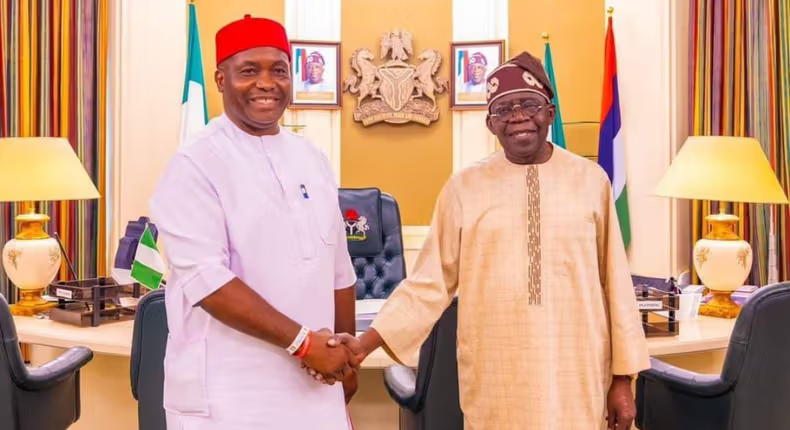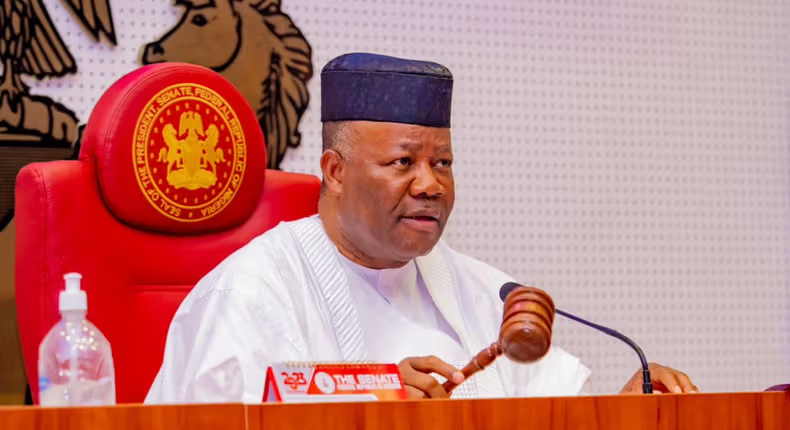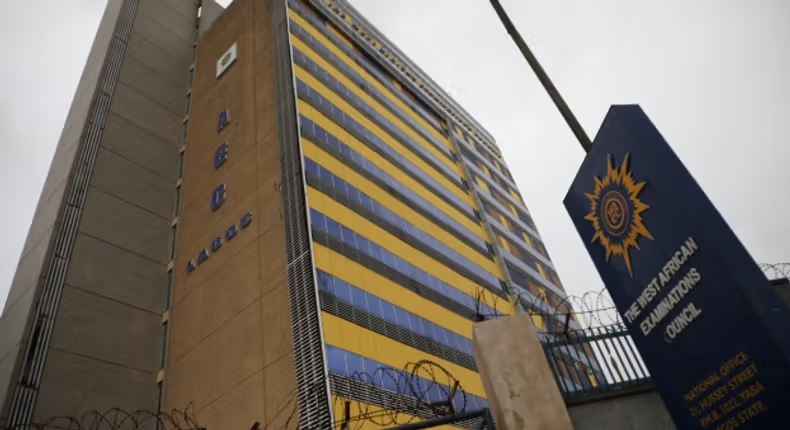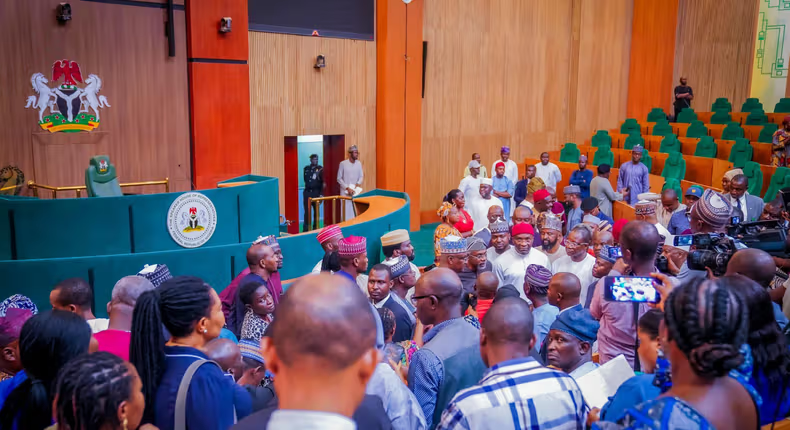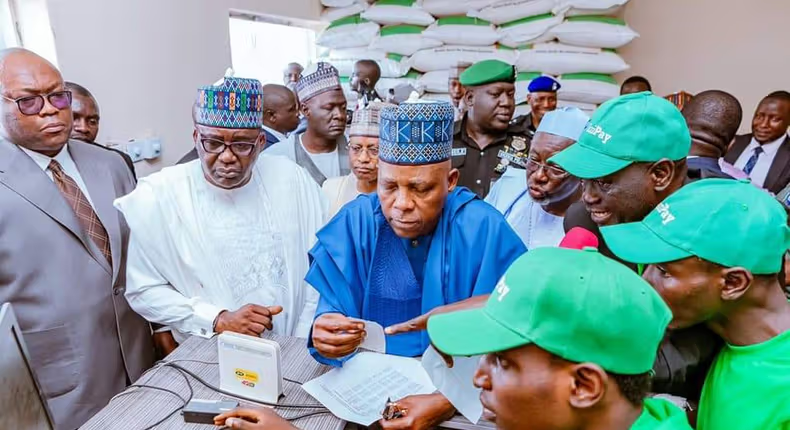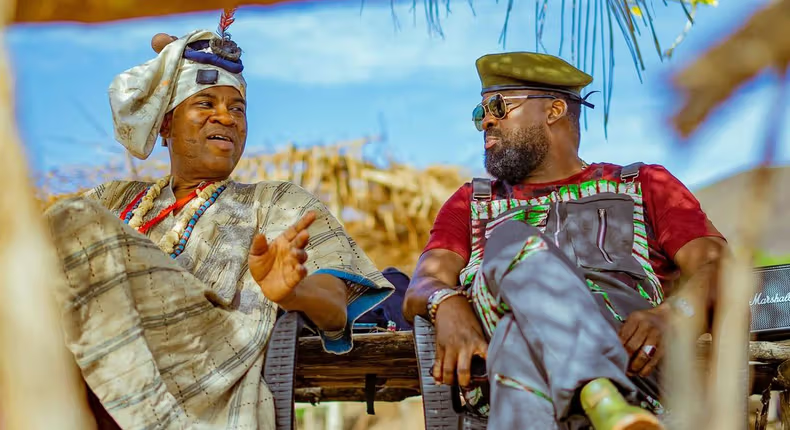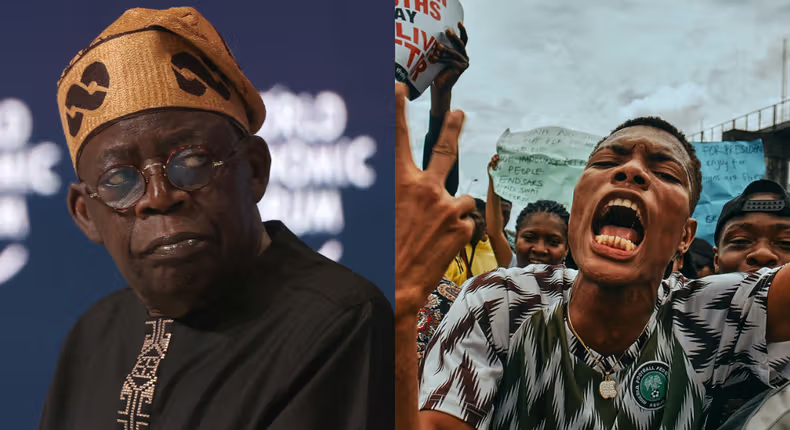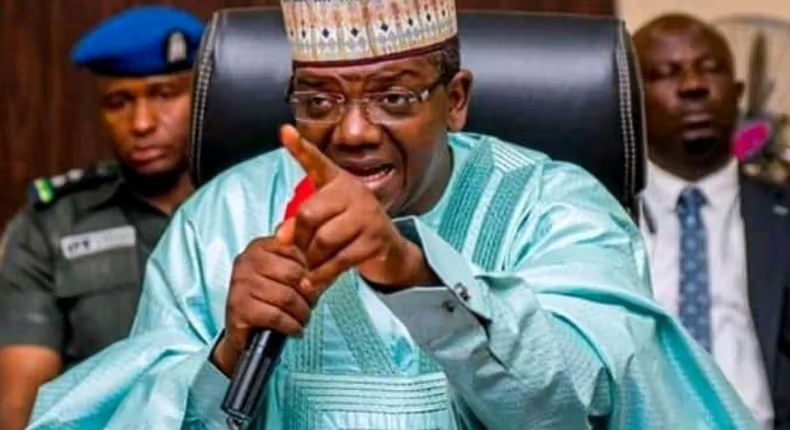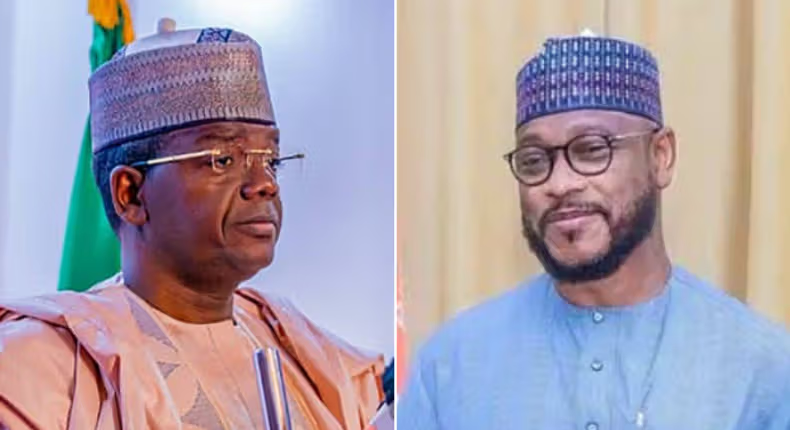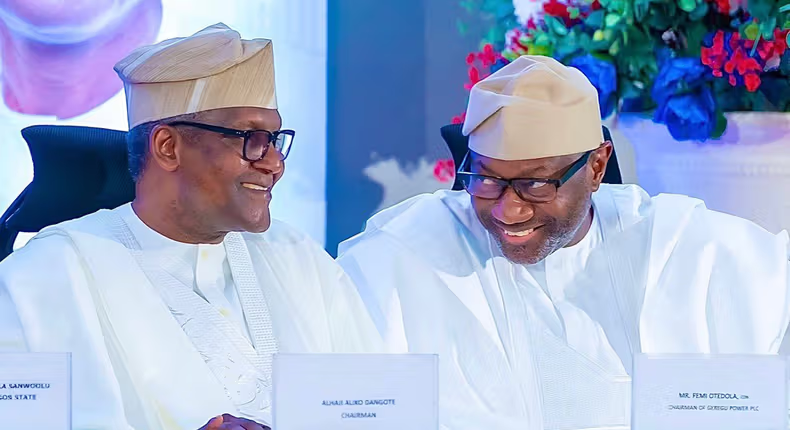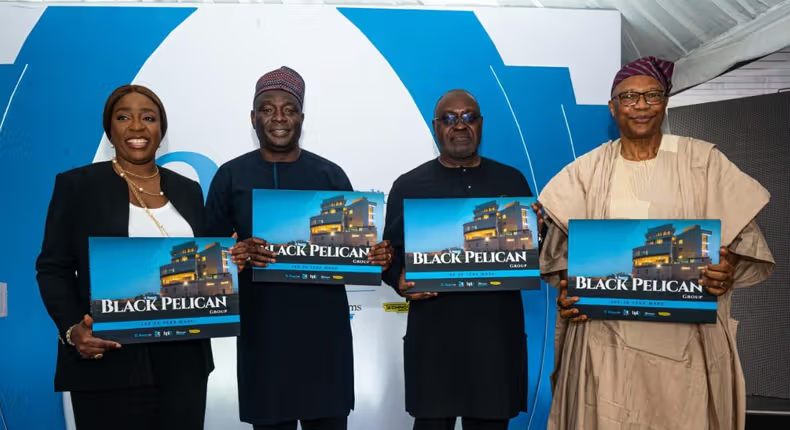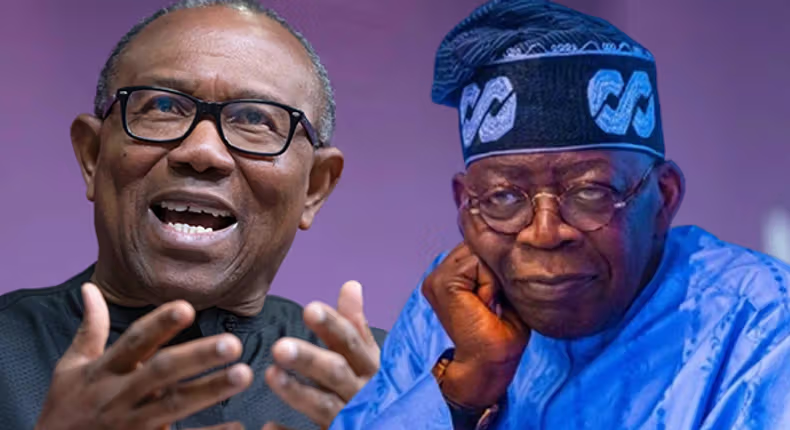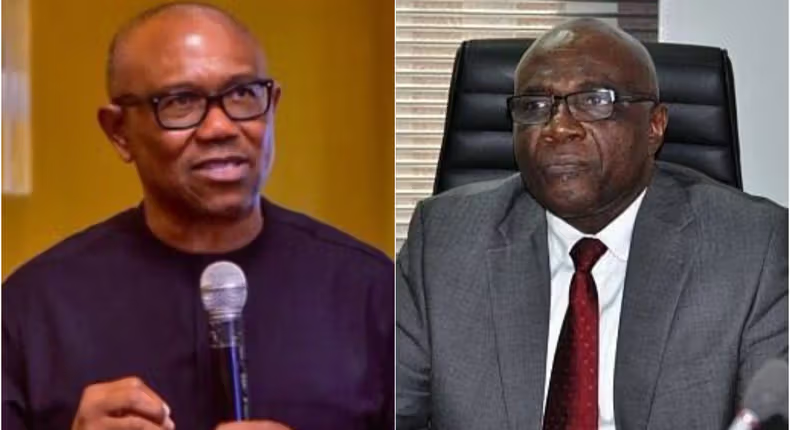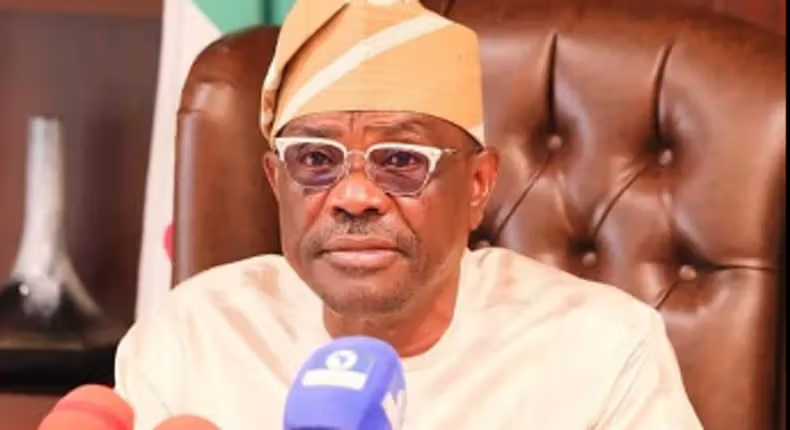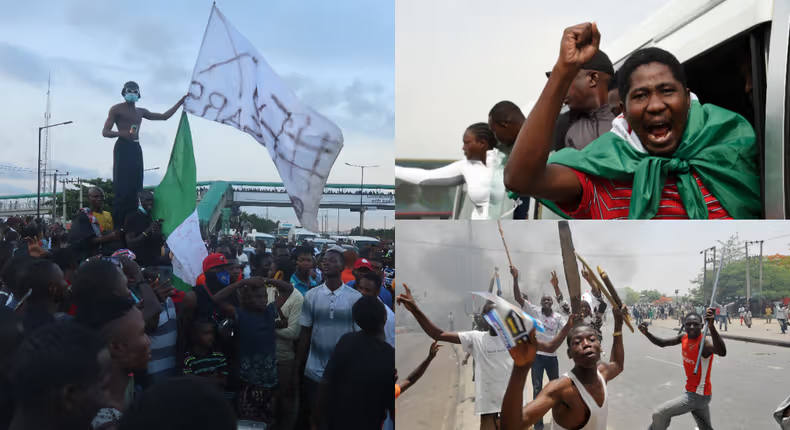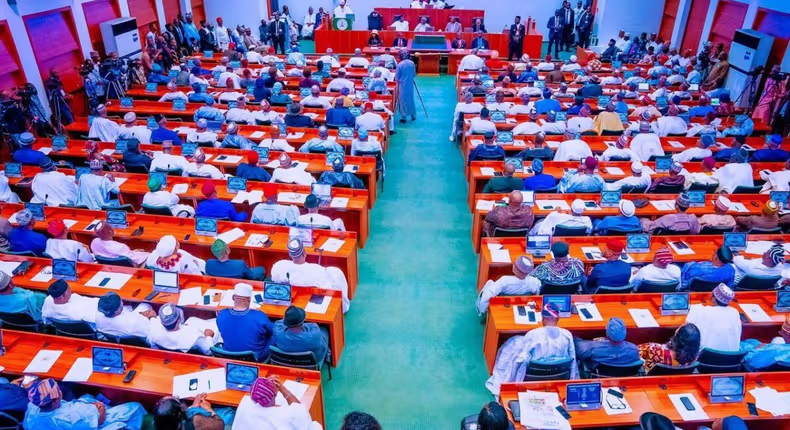In a remarkable blend of music and sports, iconic rapper Snoop Dogg has been chosen to carry the Olympic torch in the final stages of its relay for the 2024 Paris Olympics. This announcement has electrified fans worldwide, as the legendary artist steps into a role traditionally filled by athletes and public figures.
The Paris Olympics Committee shared the exciting news, emphasising Snoop Dogg’s global impact and cultural significance. In an official statement, the committee expressed their enthusiasm:
“We are thrilled to announce that Snoop Dogg will be one of the final torchbearers for the 2024 Paris Olympics. His influence transcends music, impacting global culture and inspiring millions of young people. Having Snoop Dogg carry the torch embodies the spirit of unity and diversity that the Olympics stand for, bridging generations and celebrating the vibrancy of contemporary culture alongside our rich traditions.”
Snoop Dogg, known for his charismatic personality and extensive contributions to the music industry, took to social media to share his excitement:
“It’s an honour to be part of this historic event. Carrying the Olympic torch is a once-in-a-lifetime opportunity, and I can’t wait to represent my fans and the spirit of unity in Paris.”
His involvement is seen as a testament to the evolving nature of the Olympic Games, embracing contemporary icons to connect with a broader audience.
The torch relay is a cherished tradition that symbolises peace, friendship, and the enduring human spirit. Snoop Dogg’s participation is expected to draw significant attention, infusing the ceremony with a fresh, modern twist. This move aligns with the Paris Olympics’ goal of celebrating diversity and promoting inclusivity.
Fans and followers have expressed their delight on various social media platforms, applauding the committee’s decision. Many see Snoop Dogg’s involvement as a positive step towards making the Olympics more relatable and engaging for younger generations.
As the world looks forward to the 2024 Paris Olympics, Snoop Dogg’s role in the torch relay promises to be a memorable highlight. His unique presence will undoubtedly enhance the celebration, reflecting the dynamic spirit of the Games and the global unity they strive to promote.
Stay tuned for more updates on this historic event, as Snoop Dogg gears up to bring his distinctive charm to the Olympic stage.

